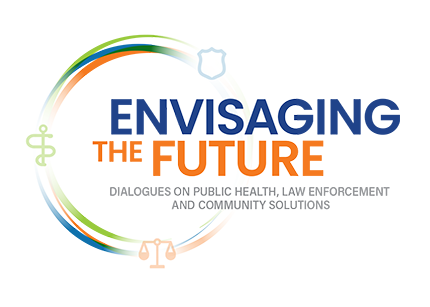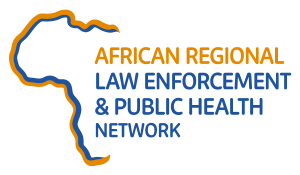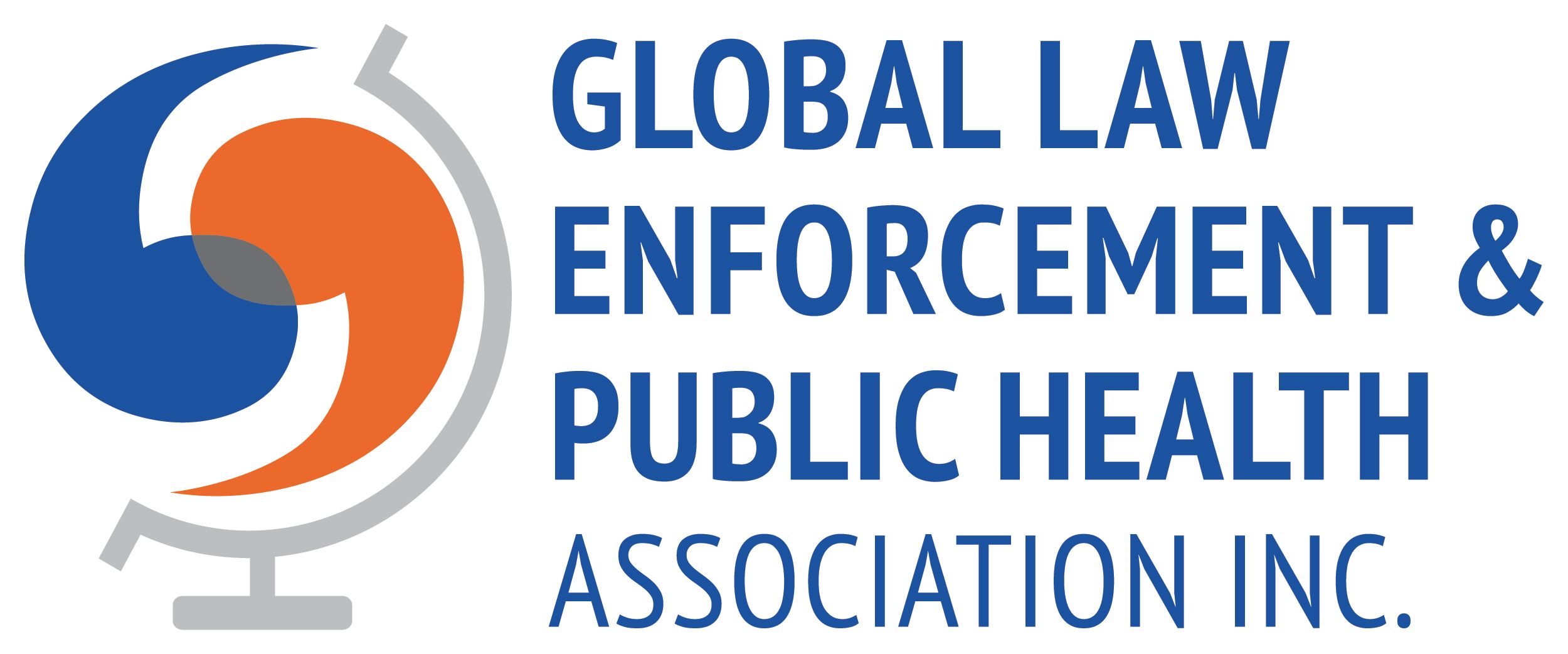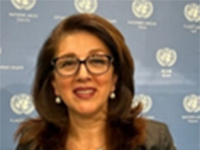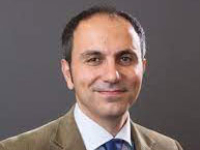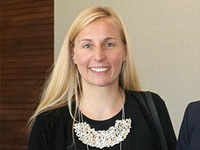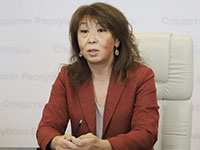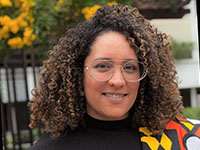Marketplace of Ideas 2022 / Event programme / Plenary session #3

TUESDAY 20 SEPTEMBER 2022
Plenary session #3 | UNODC panel discussion on Law enforcement and public health – policing key populations
7am Los Angeles/10am New York/3pm London/5pm Nairobi/9pm Bangkok/midnight Sydney
Public health and policing are inextricably linked, and police play a particularly important role in support of community well-being. In times of public health crisis, for example, law enforcement officers are relied upon as first responders to ensure public health, community safety, and the rule of law. Police also play an important harm minimization role in relation to substance use. Law enforcement officers are also increasingly called upon to respond to individuals in distress or mental health crisis.
In this challenging context, sustainable partnerships between law enforcement, civil society, health and other societal and political sectors are vital to forging joint solutions to issues related to public health and community wellbeing. Multi-sectoral partnerships and solutions have the potential to substantially reduce the risk of a range of harms at the level of the community. Applications could include: a reduction in the risk of HIV and drug overdose, while also protecting the health of key populations and more efficiently managing public health challenges (e.g. pandemics).
This panel aims at exchange of ideas, perspectives and best practices related the key role that law enforcement officers play in terms of public health response. Panellists will particularly focus on the role of police in harm minimization strategies and prevention of substance use, strengthening police skills in responding to public health crises, and strategies to promote multi-sectoral partnerships and build sustainable relationships of trust with the community.
MODERATOR
Fariba Soltani
Fariba Soltani is Chief of the HIV/AIDS Section and Global Coordinator for HIV/AIDS at the United Nations Office on Drugs and Crime (UNODC).
KEYNOTE SPEAKERS
Dr. Ziad El-Khatib
Dr. Ziad El-Khatib is a senior epidemiologist and an associate prof. in global health. He works on prevention, including substance use prevention. He published over 115 papers and book chapters in various fields in global health, including substance use prevention.
Anja Busse
Programme Officer at the Prevention, Treatment and Rehabilitation Section of the UNODC Drugs, Laboratory and Scientific Services Branch (DLSSB) – Anja Busse has been involved since 2005 in the implementation of UNODC’s global projects on drug dependence treatment and care in different functions. She is a Psychology graduate (University of Berlin, Germany) with further training in Public Health (Medical School Hanover, Germany), Systemic Psychotherapy and Media Pedagogics. Her current functions include the coordination of the programme on Partnerships for Treatment and Care of Drug Use Disorders – including the UNODC-WHO Programme on drug dependence treatment and care.
Title of Presentation: Treatment and Care for People with Drug Use Disorders in Contact with the Criminal Justice System: Alternatives to Conviction or Punishmen
Zhannat Kosmukhamedova
Regional Adviser on HIV/Drugs for Eastern Europe and Central Asia, a global focal point for Law Enforcement and HIV. With more than 20-year engagement with UNODC, Zhannat’s previous experience included working with IOM, UNESCO, and the Asian Development Bank. Zhannat holds a PhD in biochemistry and has extensive experience in research and lecturing in the areas related to occupational health and clinical biology.
Title of Presentation: Law Enforcement and public health – policing key populations
Karen Peters
Karen Peters has worked in the Public Health field for over 15 years. She is currently serving as the Regional Drugs and Health Programme Officer for UNODC covering the areas of drug use prevention, drug dependence treatment and HIV prevention for people who use drugs and people in prison settings. Prior to joining UNODC, she managed the monitoring and evaluation team of an international civil society organization on civic engagement. Her previous experience encompasses various roles within the field of HIV prevention, from facilitating communication campaigns to managing the monitoring, evaluation and reporting for a national NGO in South Africa. Her academic background is in public health communication for social change and she holds a Masters in Development and Governance.
Wendy O’Brien
Dr Wendy O’Brien is Crime Prevention and Criminal Justice Officer with the United Nations Office on Drugs and Crime, in Vienna, where she works on human rights-based criminal justice reform and equal access to justice. In this capacity, she leads on the implementation of multi-year projects on police reform and the strengthening of investigation and prosecution of domestic violence. Prior to commencing with UNODC Wendy held academic positions in Australia – teaching and conducting research in the fields of criminology, law, and gender studies. She also has seven years of experience in law enforcement at the national level. As Senior Specialist with the Australian Crime Commission, Wendy delivered research and policy advice on statutory responses to gender-based violence. In addition to her work for UNODC, Wendy holds a concurrent appointment as Adjunct Associate Professor with Deakin University, Australia. She is also guest faculty at the United Nations Interregional Crime and Justice Research Institute (UNICRI, Turin) where she teaches in the LL.M on Transnational Crime and Justice.
Title of Presentation: Human rights-based, gender-sensitive, and evidence-based policing


